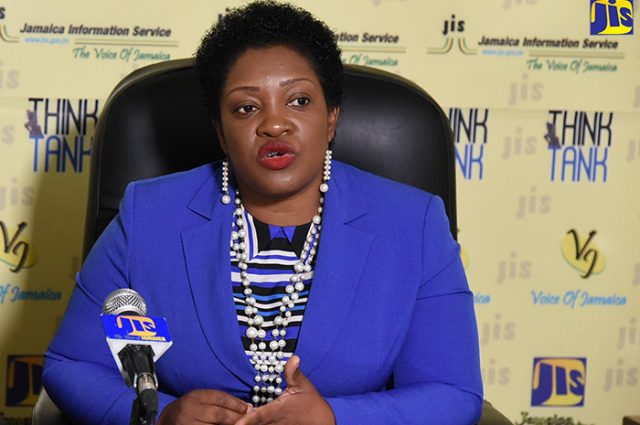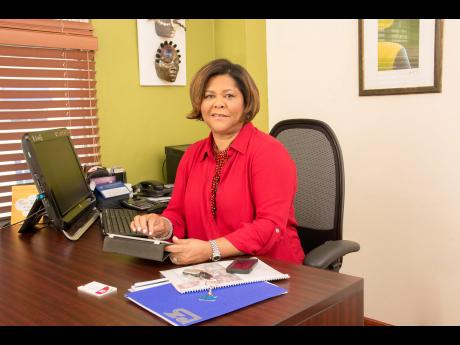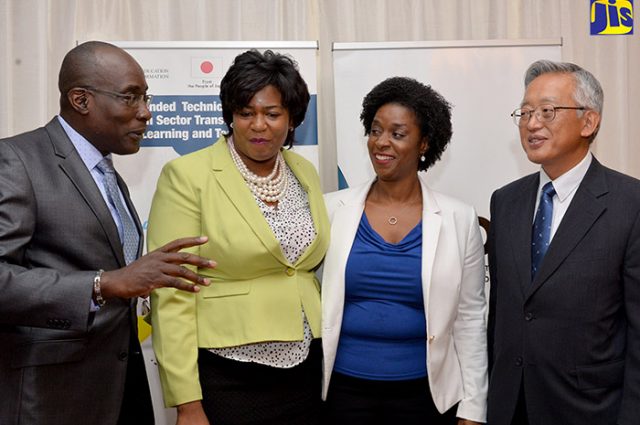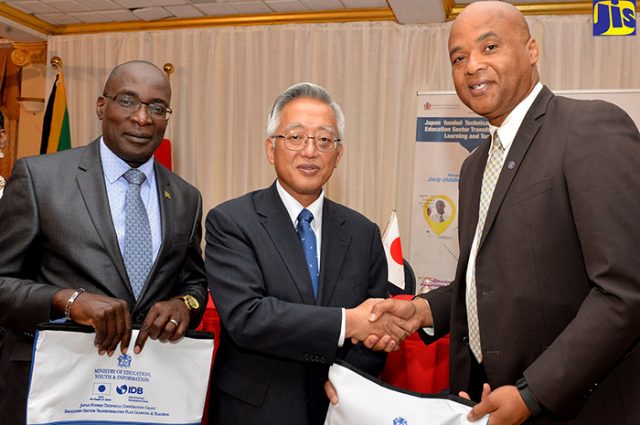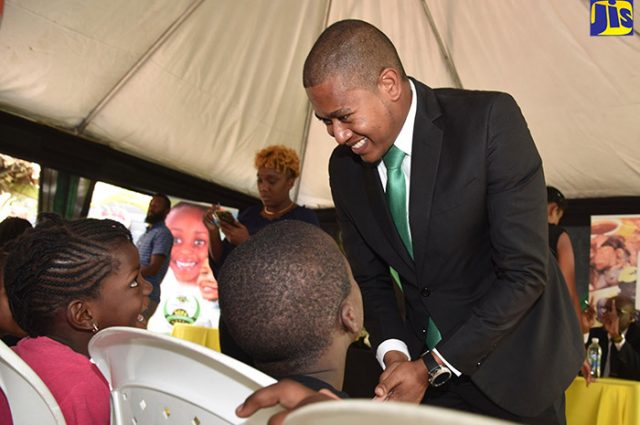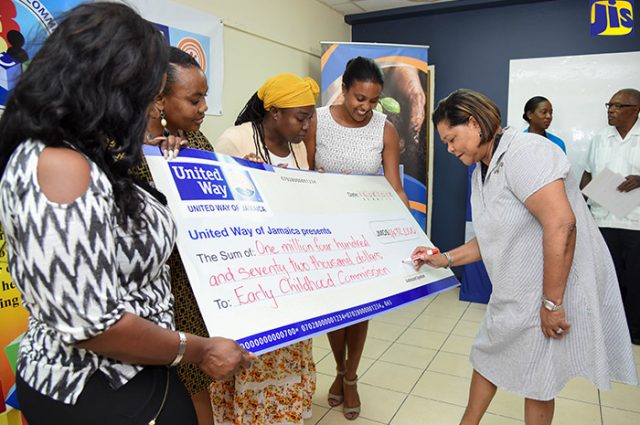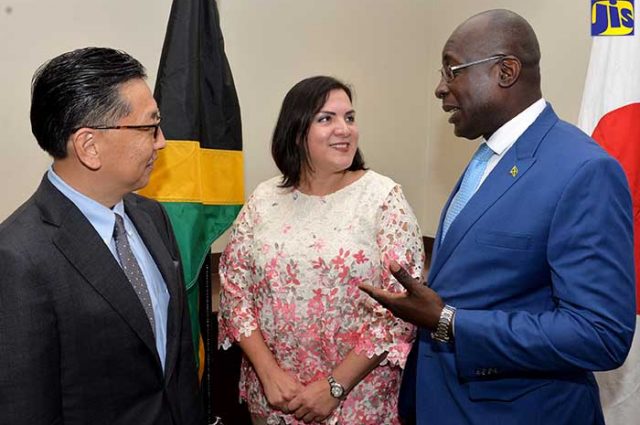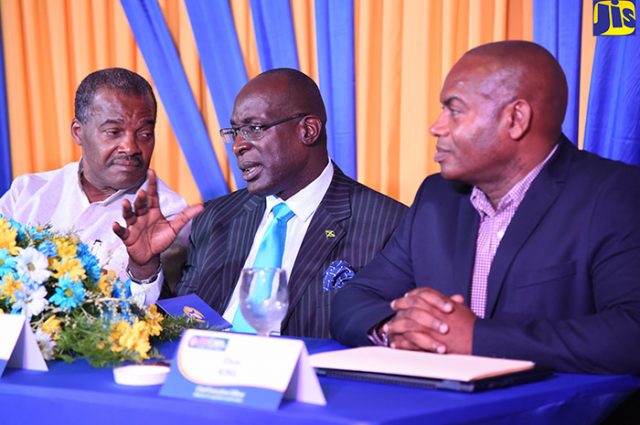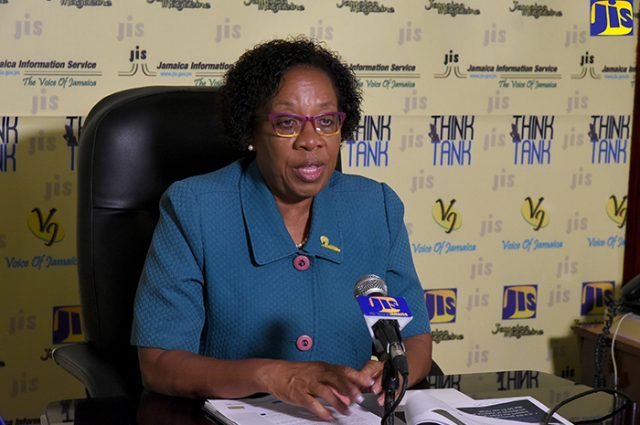JIS: The National Parenting Support Commission (NPSC) is getting much-needed assistance for its home-school relationship programme. Through the Ministry of Education, Youth and Information and the United States Agency for International Development (USAID) Safety Security Project, several Parent Places will be established.
Addressing a recent JIS ‘Think Tank’, Chief Executive Officer of the NPSC, Kaysia Kerr, said that it is evident that irrespective of the interventions which are put into the schools, if these are not supported and reinforced at home, then the interventions are compromised.
Under the effective parenting intervention framework, the NPSC has implemented several programmes to target parents to ensure that the home-school relationship is improved and that behaviours that are desired from children are evident.
Parent Places are usually attached to schools, faith-based institutions or libraries. Miss Kerr said that through the Parent Places, tools are used to analyse data to customise intervention.
She explained that the interventions may look at literacy not only for the students, but also for the parents who sometimes may have issues with literacy, and they also focus on elements which encourage antisocial behaviours in schools.
Miss Kerr noted that the NPSC has realised that coercive parenting is the main reason that causes children to exhibit aggression and other violent behaviours in schools.
“Through the Parent Places we are not only focusing on education, re-educating and retooling parents, but we are offering psychosocial support and ongoing training in terms of skills,” she said. Miss Kerr is also reporting the Commission’s progress in the Parent Place that was established in Mount Salem community in Montego Bay, St. James
“We have been continuing the mobilising and coordinating, because we have to make sure that we are speaking to the needs of that particular community,” she said.
Statistics have shown that in communities like Mount Salem, coercive parenting is used a lot, so the Commission has gone into the Zone of Special Operations and set up a Parent Place to treat with certain issues as they relate to violence. To date the NPSC has established 125 Parent Places attached to schools across the six educational regions.
Under the USAID/Ministry Project, Parent Places will be attached to faith-based institutions.
CAPTION: Chief Executive Officer of the National Parenting Support Commission (NPSC), Kaysia Kerr, addresses a recent JIS ‘Think Tank’.


